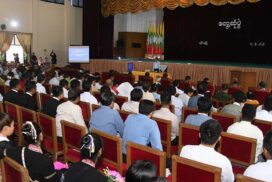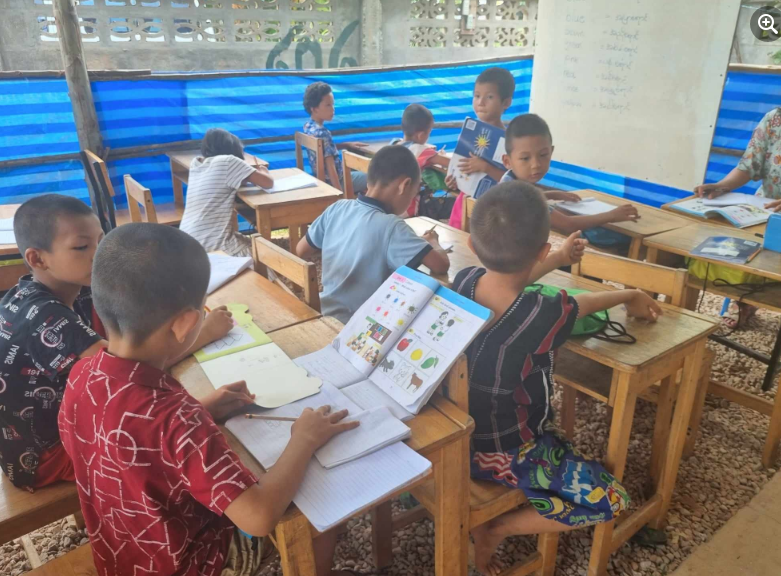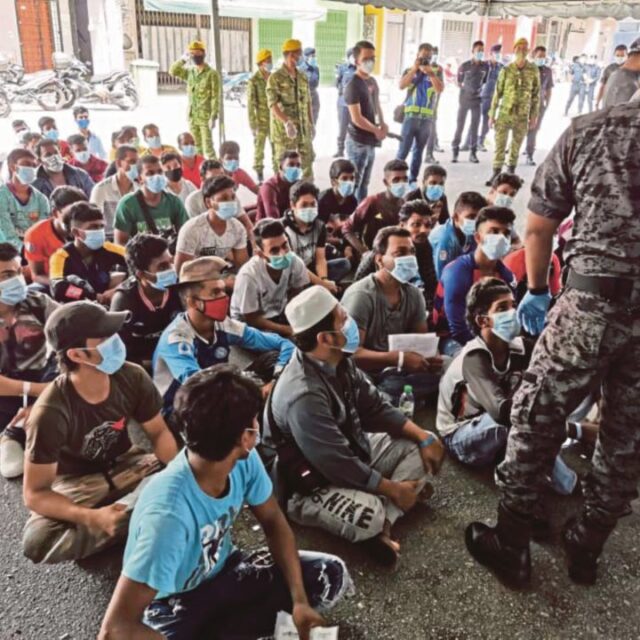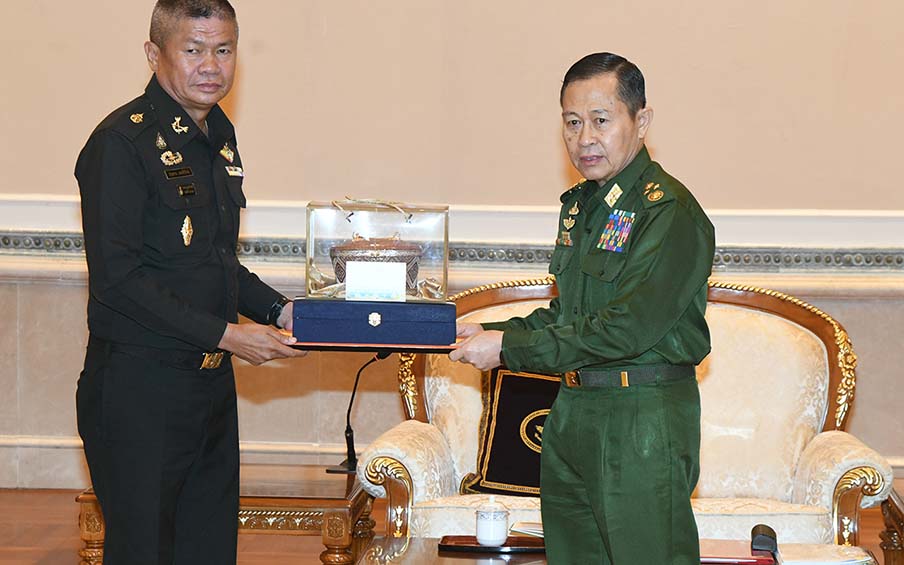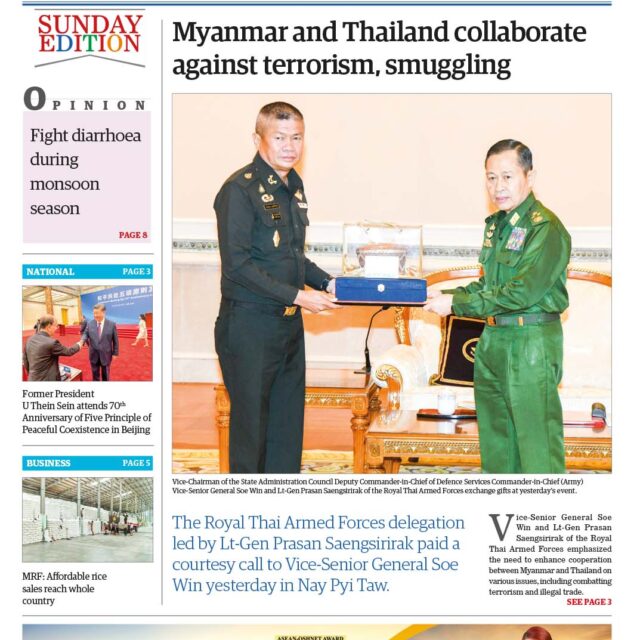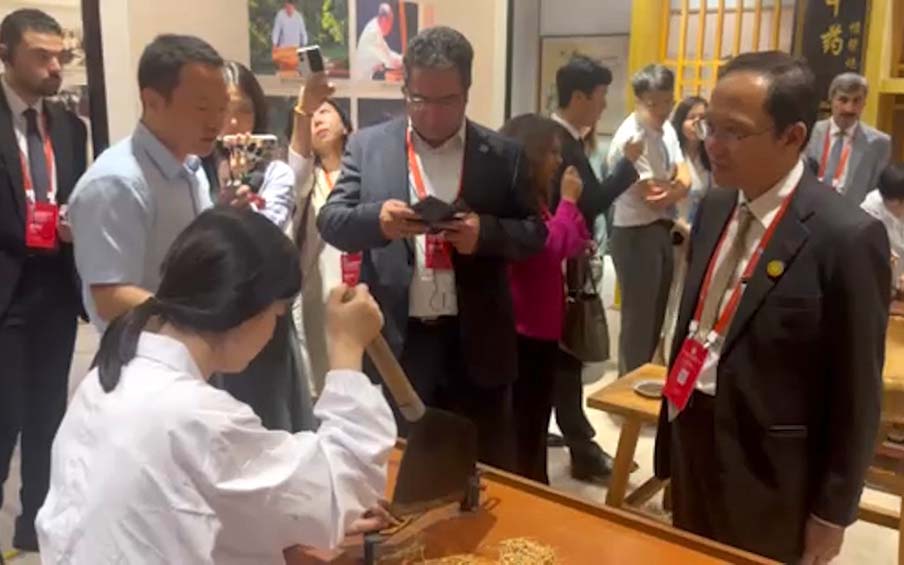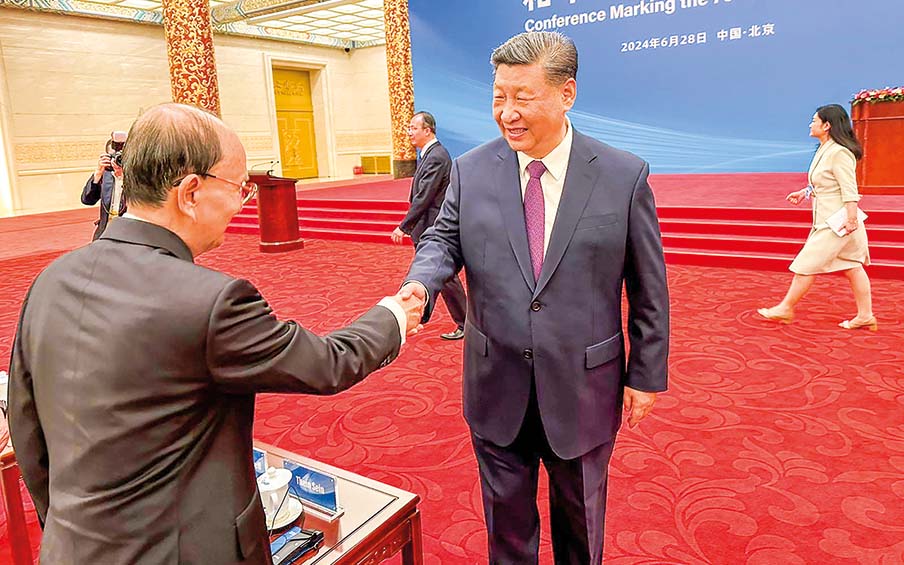Culture encompasses the beliefs, customs, and practices of people within a society. It includes creations born from their environment and lifestyle. In any given society, multiple groups residing in a society together may coexist, each with its unique cultural identity.
Studies show that about 89 per cent of global conflicts arise in regions where cultural dialogue is lacking. Political scientists estimate that cultural disputes trigger a quarter of these conflicts. Therefore, fostering peace, stability, and development through cultural understanding is crucial throughout the world. By valuing and enhancing diverse cultures, individuals can contribute to a peaceful and prosperous society.
Around the world, societies are characterized by their unique cultural properties. For instance, more than 1,000-year-old religious edifices in the Bagan era of Myanmar, the Angkor Wat Temple built in the 12th century in Cambodia, some 6,000-kilometre-long great walls constructed in the 7th Century BC in China, and more than 2,700-year-old pyramids in Egypt are symbols of relevant societies in these countries.
In Myanmar alone, more than 130 national races are preserving their traditions and customs as their cultural heritages in successive eras. All of the cultures and cultural properties are lovely and adorable for all. These national race groups forge mutual respect and protect each other’s tangible and intangible cultural assets, reflecting national unity and solidarity and never disturbing and destroying tangible and intangible cultures and cultural heritage of one another.
While cultural differences can be a root cause of conflicts and extremism, this is not a sufficient reason for discord. Thoroughly analyzing and recognizing diverse cultures can help mitigate these conflicts. Despite the diversity in cultures and traditions, mutual trust and respect are essential for fostering better relationships within society.
If somebody does not appreciate and recognize different cultures and cultural properties of other societies, they will face problems such as conflicts based on distrust, hate, and grievance. Consequently, this will have negative impacts and disadvantages on society, harming all individuals.
As education and technology advance globally, mutual respect and understanding of diverse cultures are increasing. However, some extremists, driven by emotion rather than critical thinking, reject cultural diversity. Their actions often deviate from the common sense of valuing diverse cultural heritage. Ultimately, recognizing and accepting cultural diversity is crucial. By doing so, people can forge stronger interrelations and unity within their varied societies.
Embrace diverse cultures and societies with optimism
- May 30, 2024
- 201




